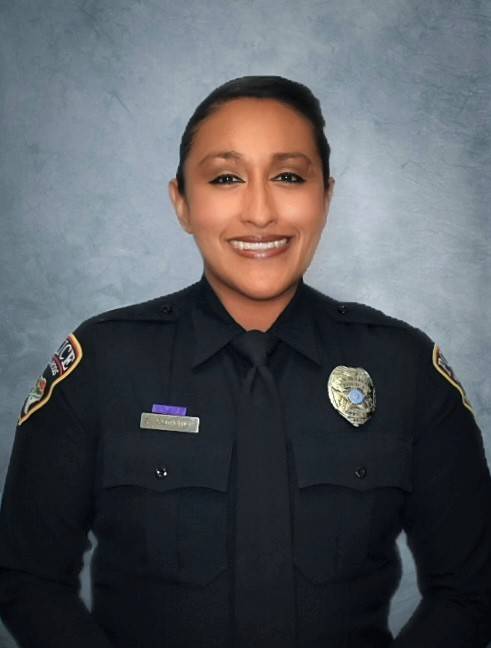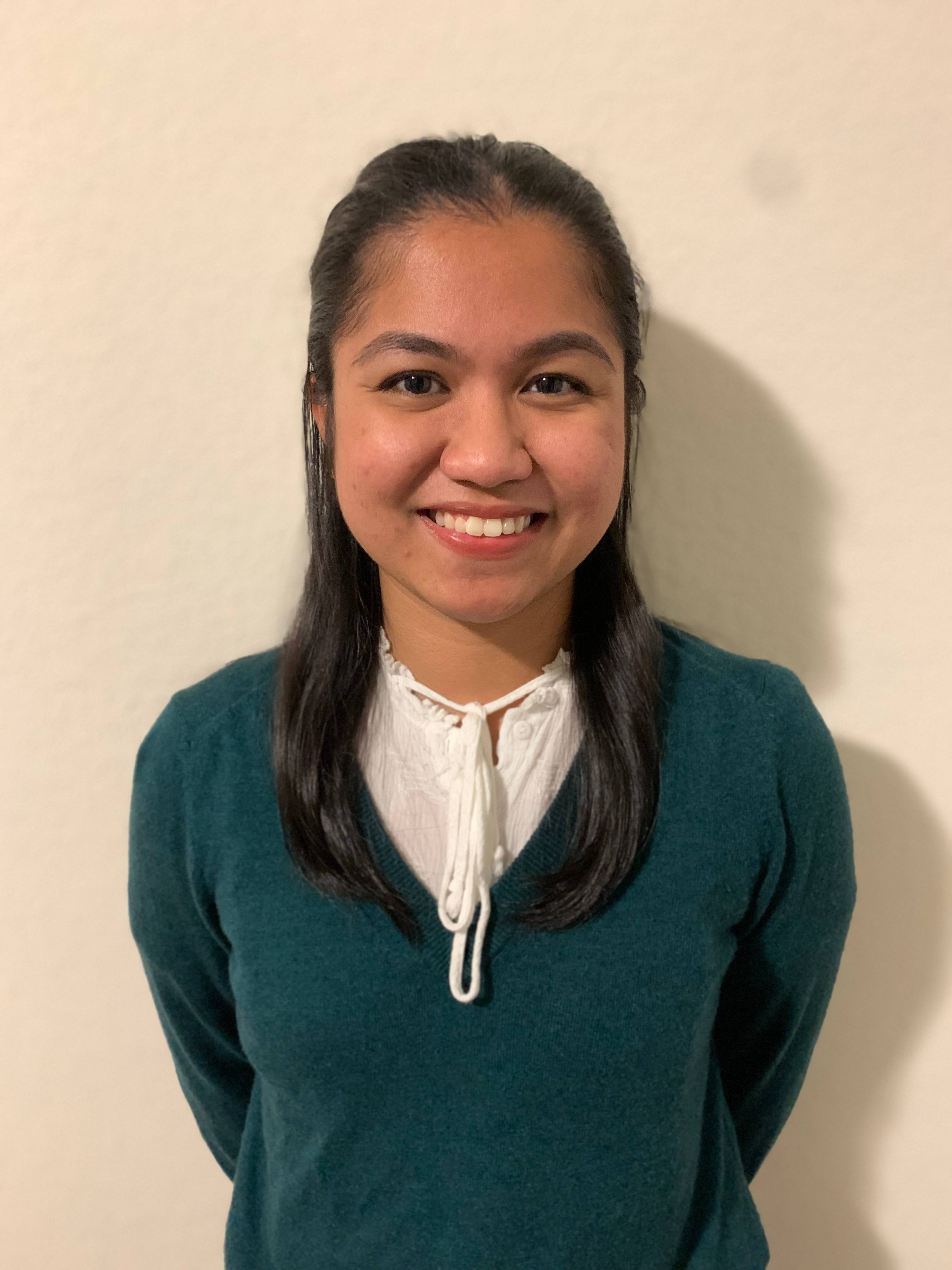Emily Garcia
Publications Writer, The Graduate College
Two graduate students received the Systems Thinking Award at the 2023 Graduate Student Research Conference (GSRC) held April 4 in San Marcos and April 5 in Round Rock.
The GSRC is an annual conference hosted by The Graduate College that invites graduate students from all disciplines to present their original research or creative work. This year, The Graduate College partnered with the Common Experience to select the Systems Thinking Award. The 2022—2023 Common Experience theme of Systems Thinking challenges students to understand, inform, and improve systems throughout the campus, community, country, and world.
Read on to learn more about the awardees and how their research exemplifies Systems Thinking.
Claudia Cormier – San Marcos Winner
A Gradual Return to Duty Program: An Integral Process for Officers and Civilian Staff of a Law Enforcement Agency
Department of Political Science, Master of Public Administration, Texas State University
The judges selected Claudia’s poster for this award because her project highlighted how people working in law enforcement who experience traumas on the job must navigate medical and mental health systems, including cultural systems in which police officers are expected to be stoic in the face of tragedies. Her applied project will help officers return to duty with more support.

"In 2007, I graduated from Texas State University with a bachelor's degree in Criminal Justice and pursued a career in law enforcement with the City of San Marcos. I was a Telecommunications Operator for 8 ½ years and am coming up on my 7th anniversary as a police officer. On May 18, 2019, while working the night shift, I was removing debris from the highway and was struck by a motor vehicle. The impact severed my right leg and caused other life-threatening injuries. I was hospitalized for 3 months before returning home.
After experiencing a traumatic incident and losing my right leg in the course of my career, I was determined to return to full duty as a law enforcement officer. Throughout the process, I found myself trying to heal mentally, physically, and psychologically, but also wondering how I could go back to work and once again, expose myself to the same dangers of my career. All these questions influenced my focus on creating a program that could provide a gradual return to work, emotional support, physical training, and mental wellness resources for other officers that have experienced a critical or traumatic incident. Therefore, in 2020, I decided to go back to school and applied for the MPA program to begin my research.
Most importantly, I wanted the non-sworn staff of the department to know they were not forgotten. Officers know the civilian staff also experience some of the same trauma when they come to our aid .I also wanted to bring awareness and influence the need to reform the "cop culture" of downplaying emotions that deteriorate our health and affect our career, even after retirement. I find it critical and crucial to address untreated trauma to encourage and empower other members of the law enforcement community to practice trauma-informed care and embrace resiliency.
Since then, I have focused my time in the MPA program to learn about the best practices to return to work after a life-changing incident. A Systems Thinking Approach gives the opportunity to develop holistic solutions to trauma experienced by law enforcement officers and other staff within the department by addressing the root of the problem, and evaluating the effectiveness of the current policies, procedures, and resources in place. It is important that each individual feels there is help out there tailored to their needs.
On November 22, 2022, I returned to full duty and am currently assigned to the Criminal Investigations Division and promoted to the rank of Corporal. My hope is that one day the program is expanded to other law enforcement agencies and the First Responder community. Furthermore, I hope the program also influences other organizations such as schools, to create these types of programs to provide support and mental wellness resources for employees exposed to traumatic incidents.”
Lois Umali – Round Rock Winner
“Falling Through the Cracks”: Challenges for Autistic Individuals and Their Families in Navigating Educational Systems
Co-presenters: Maria Resendiz, Ph.D., CCC-SLP, Micaela Vargas, Ph.D. Department of Communication Disorders, Department of Biology, College of Health Professions, College of Science and Engineering, Texas State University
The judges were impressed with Lois’s application of systems thinking. Her poster and presentation demonstrated how individuals on the autism spectrum must navigate several systems, particularly the system of education. Her project increases awareness and will help eradicate educational and cultural barriers faced by people on the autism spectrum.

“My poster was entitled "Falling Through the Cracks": Challenges for Autistic Individuals and Their Families in Navigating Educational Systems. My co-authors, Dr. Maria Resendiz and Dr. Micaela Vargas, and I conducted interviews with Autistic individuals and their families to highlight their lived experiences. What we have found is that Autistic individuals and their families often have to navigate through various types of systemic barriers in order to receive the level of support they need. Particularly before an official diagnosis is received, families face challenges in obtaining services for their children in the educational systems. Difficulty accessing these services may be increased due to financial and geographical barriers, often placing multiply marginalized groups at a greater disadvantage. This continues even at the university level, where these hurdles are likely to be perpetuated by a lack of societal understanding of the Autistic experience. In our research, we are taking a community-based participatory research (CBPR) approach where we work not only for, but also with the community in advocating for systemic change.
I feel extremely honored and grateful for winning this award! It was my first time presenting at the Graduate Student Research Conference, and it was such an amazing experience sharing our work with other people. Our research project is close to my heart, and it matters to me that I use my platform as a space for the Autistic community to tell their stories. It is my hope that we disrupt systems together - one barrier at a time.”
The Graduate College congratulates Claudia and Lois for their outstanding work in challenging systems!